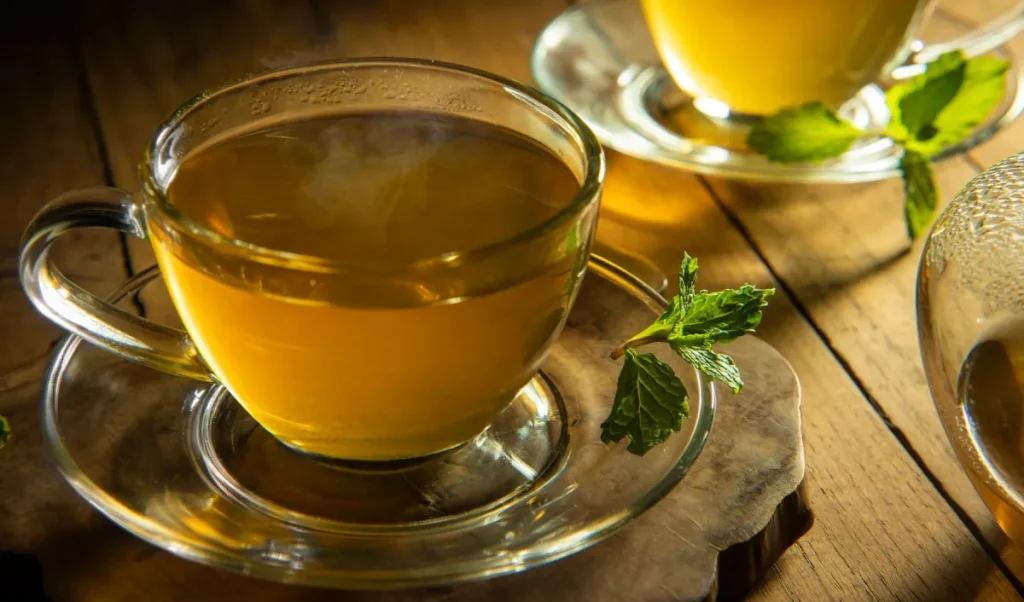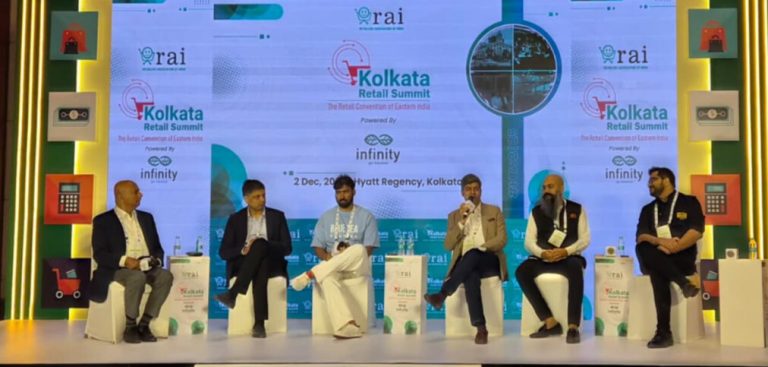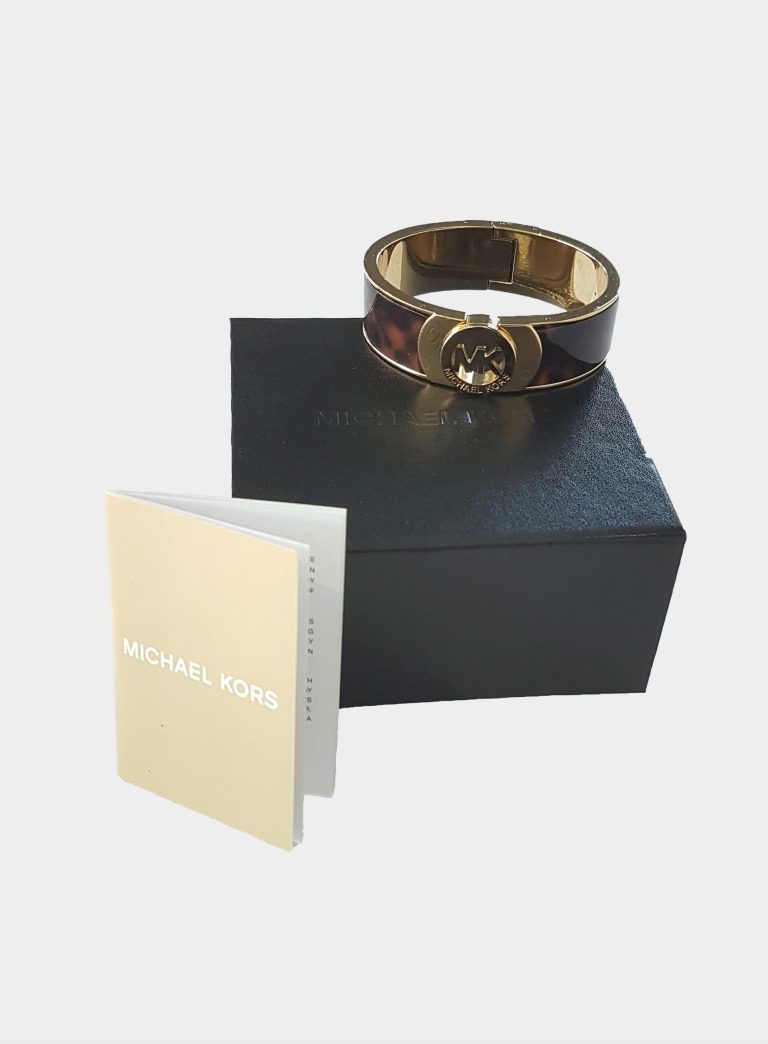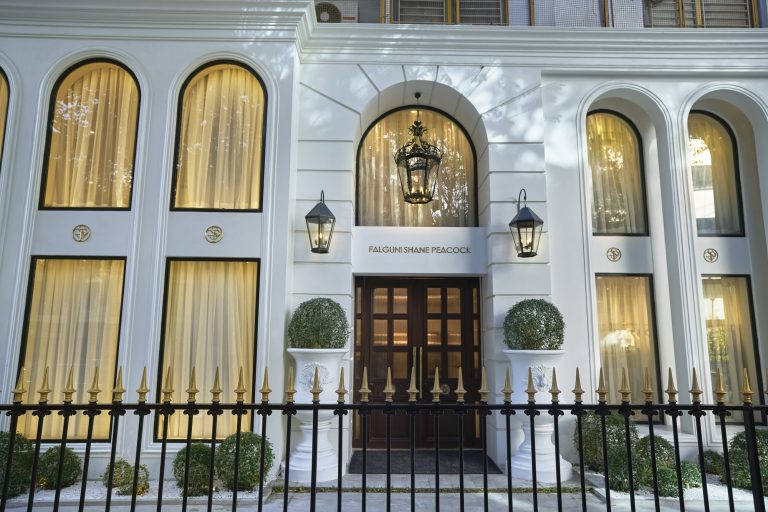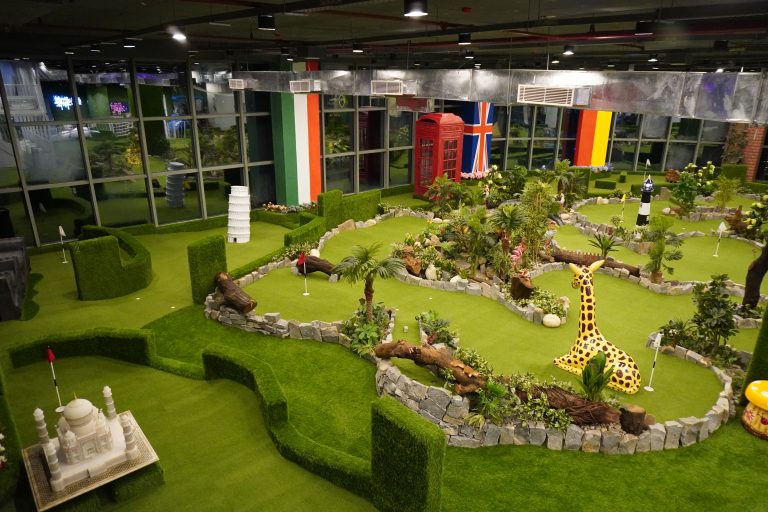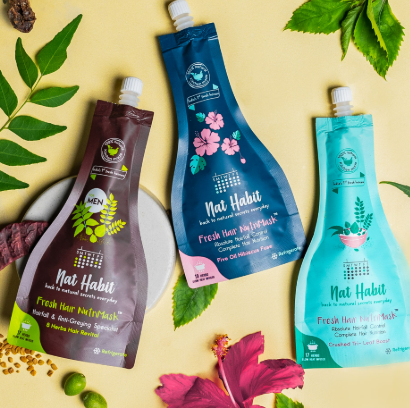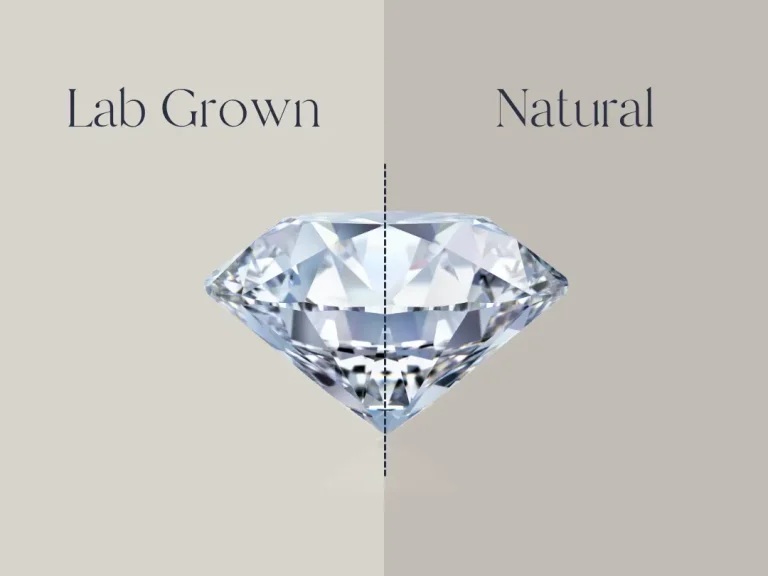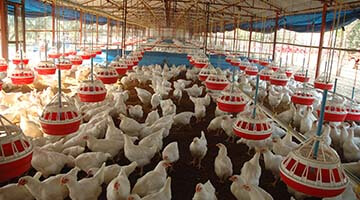For those of us who consider tea a boring second cousin of coffee or requiring some sort of esoteric knowledge, it’s high time to get reacquainted. Tea drinking, of course, has a vast history in countless other cultures, and tea shops springing up in emerging neighbourhoods are remaking tea’s stateside reputation.
Tea is a product of its ecology. The terroir, climate, soil, care, and dedication of pluckers, and garden managers impact the quality of tea. Change is sweeping through the tea industry as a host of pure play plantation companies and tea traders are jumping headlong into the business of branding and packaging tea, for long the preserve of a couple of regional firms. Several of these new labels are going the D2C route to capture the imagination of tea lovers.
According to a study conducted by Tea Board of India, nearly 80 per cent of the households in urban India and around 75 per cent of the households in rural India have shifted to packet tea. The proportion of loose tea is comparatively higher in the eastern and central States compared to the rest of the country.
For some years, biggies like Goodricke have embarked on product diversification and social media marketing. Goodricke CEO Atul Asthana said “Besides quality maintenance, branding is the key to reach out to retail customers. What we used to treat as an agri-commodity even a decade back is now an exclusive portfolio of products.” He also said that “diversification into packet and value-added teas help give better margins.”
Luxmi Tea, the owner of Makaibari Tea Estate, has started marketing seven special varities of estate-fresh unique brew online. Rudra Chatterjee, the MD of Luxmi Tea, said “Tea has traditionally been grown by planters and sold through auction to packers and retail sellers, but directly bringing fresh, traceable produce from estates to the consumer is nothing short of an opportunity. By promoting quality, upgrading packaging and leveraging technology, we can hope that most consumers in the world will have their fresh teas shipped directly from Kolkata.”
As a three-decade-old family business, Goodwyn Tea embodies the expertise and tradition that comes with generations of experience. Being a producer-owned company ensures meticulous quality control at every step of the tea-making process, from tea farm to tea cup. Their commitment to single-origin teas guarantees an authentic and distinctive flavour profile, reflecting the unique characteristics of the region. By eliminating middlemen, Goodwyn Tea ensures a direct connection between consumers and the source, minimizing waiting times and offering fresher, high-quality teas.
With Godwyn one can experience the authentic taste of chai anytime, anywhere with Goodwyn’s Chai Premix. Rohan Sirohia, Founder Godwyn tree remarked, “Our Chai Premix is a testament to our passion for delivering the true taste of India to our customers worldwide. We hope you enjoy every cup of our chai and become a part of our journey towards a better world, one sip at a time.
Started by Kartic Sharma in July 2021, Tea Bro manufactures and sells Pre-Brewed Tea Liquid. It is a patent-pending product and a ‘Ready to Drink’ Tea which is pre-brewed to perfection from the finest Assam Teas. Tea Bro is following an omnichannel sales strategy with 50 offline touchpoints in NCR and presence across most of the eCommerce marketplaces, including Amazon, Flipkart, Grofers, and Big Basket. The startup is also selling through its own website. “With rapid urbanisation, people spend less time doing the daily chores themselves. That is why I believe that Instant Tea will be a very common phenomenon in most of the household. If you see markets like the USA, which is a fairly urbanised market, there is more demand for instant offerings (tea, coffee, soda) than the actual ones. In the next five years, the Instant Tea market should at least make up about 15% to 20% of the Tea consumption in India.”
After green and matcha tea, tea addicts are using their chai-time to sip on blue tea. The vibrant blue-coloured brew, made from butterfly pea flower, has piqued the interest of both tea enthusiasts and the curious.
Herbal Tea definition has changed in global market. Herbal Tea, now, is considered as herbal hot beverage – which has some health benefits.
D2C Tea Brand, Vahdam India has raised about INR 174cr ($24m) in FY22, & $38M in total so far, expecting higher revenues from offline retail and b2b along with online expansion. Blue Tea even though bootstrapped has been on route for fast online expansion and is backed by organic way of consumer adoption.
Blue Tea, a Kolkata-based D2C tea brand is taking advantage of the accelerated demand for high-quality wellness-oriented teas. Having seen a 5X YoY growth for the past two years, the brand is set to make ‘flower tea’ term synonymous with Indian Teas. Blue Tea now has contracted about 100 Acres of farms in Uttarakhand – in the foothill of the Himalayan region along with Ganges Plains, for the cultivation of Butterfly Pea, Hibiscus, Chamomile, and Lavender. “Speedy delivery and availability are critical for BLUE TEA. We will strive for 100 Cities 1 Day Delivery in 5 Countries by FY23 end,” says Sunil Chandra Saha, Co-Founder Blue Tea, India. Operationally, the Brand offers one-day delivery in 22 cities in India. At this moment, 60% of BLUE TEA’s business comes from Foreign Markets.
LATEST SPECIAL
